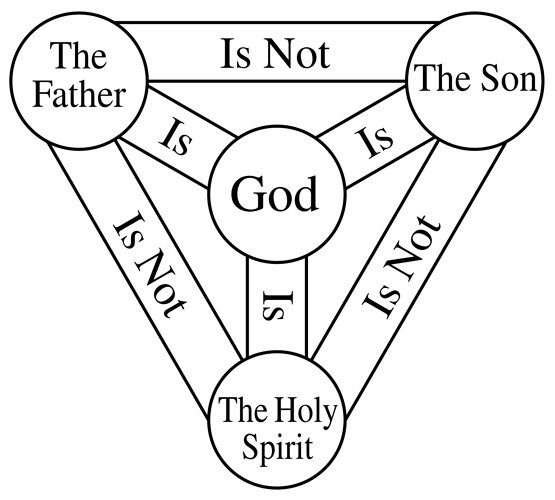This is a diagram of the trinity.
The Father is God.
The Son is God.
The Holy Spirit is God.
But none of them are eachother.
So 3 distinct persons in 1 entity.
How do we describe these “persons”? Are they like separate beings controlling one entity? Different personas as one Being?
John 10:30, “I and the Father are one.”
If Jesus is not the Father, then how can they be one? Are they referring to being one in God?
When Jesus was crucified and killed, would that mean that the other persons, The Father, and The Holy Spirit, also died? If they are all God, and Jesus is also God, would that mean that God technically was dead temporarily for 3 days, including the other beings?
What are the 3 persons like? What are their natures? How are they identical?
I have many questions, that I don’t know how to explain in words here. But my primary one is…
How does the trinity work, and is it a contradiction?
If you want me to elaborate on what I mean by contradiction, I’ll try my best.
